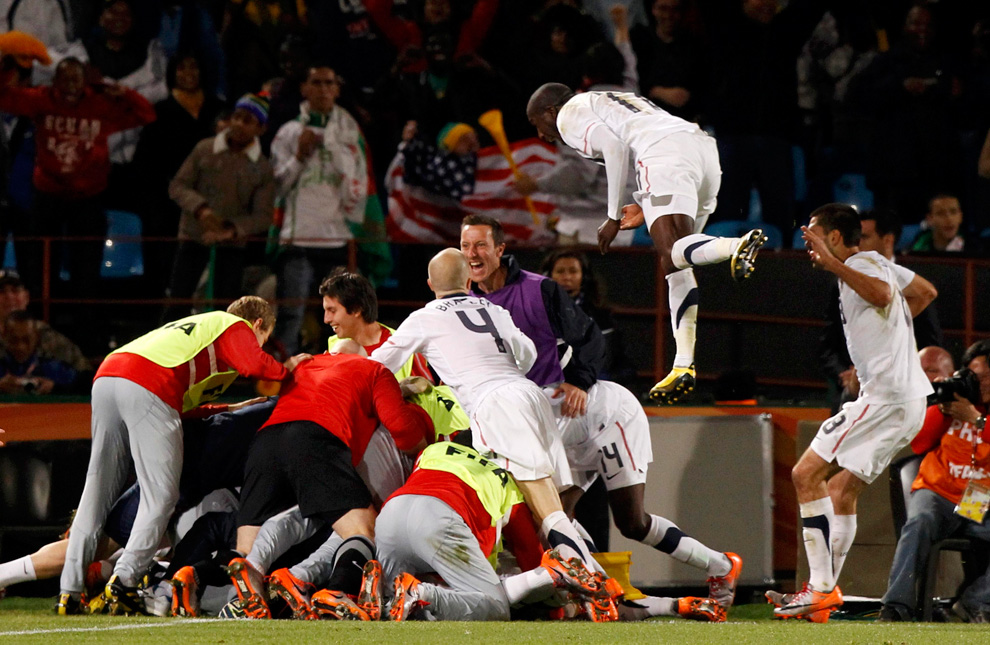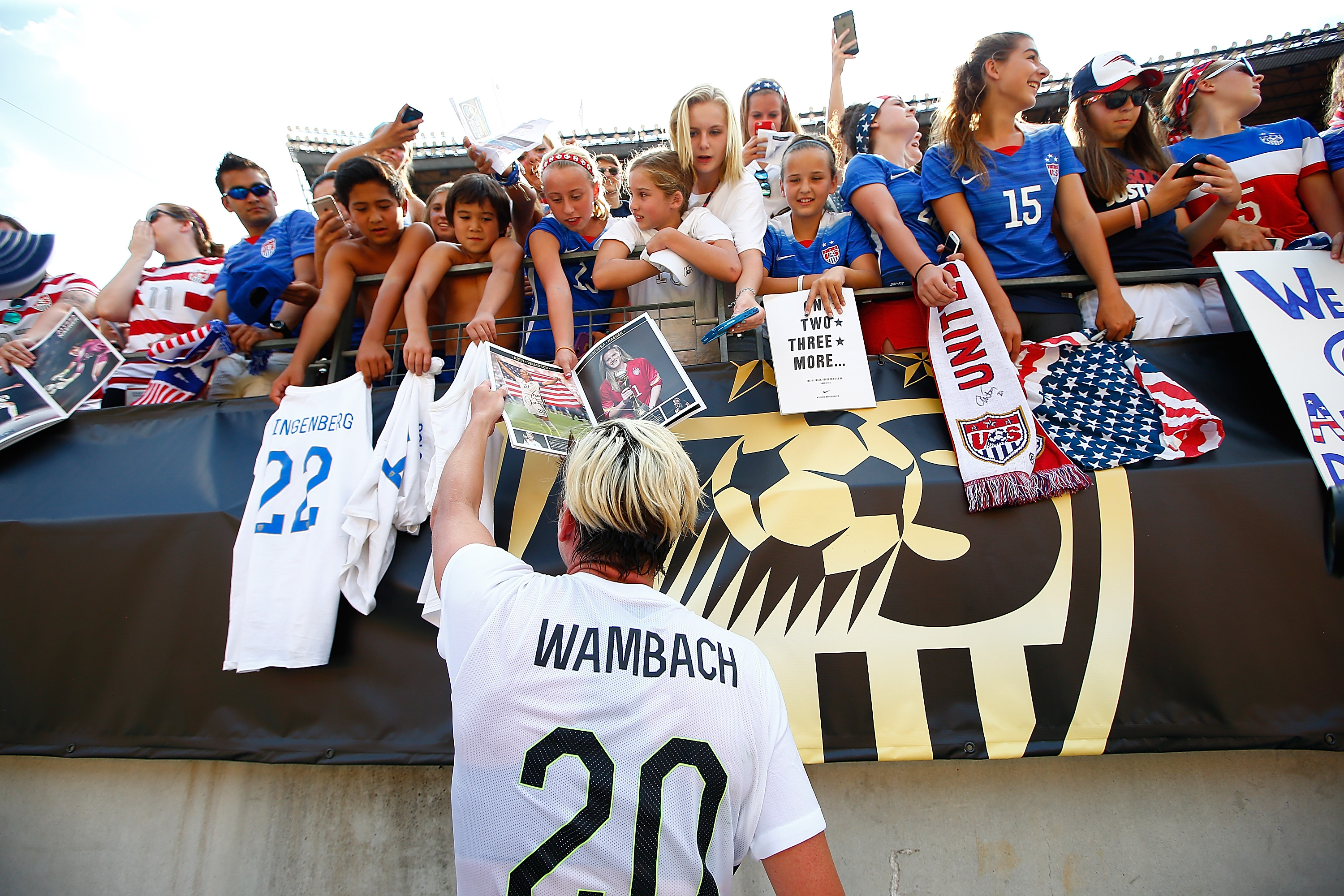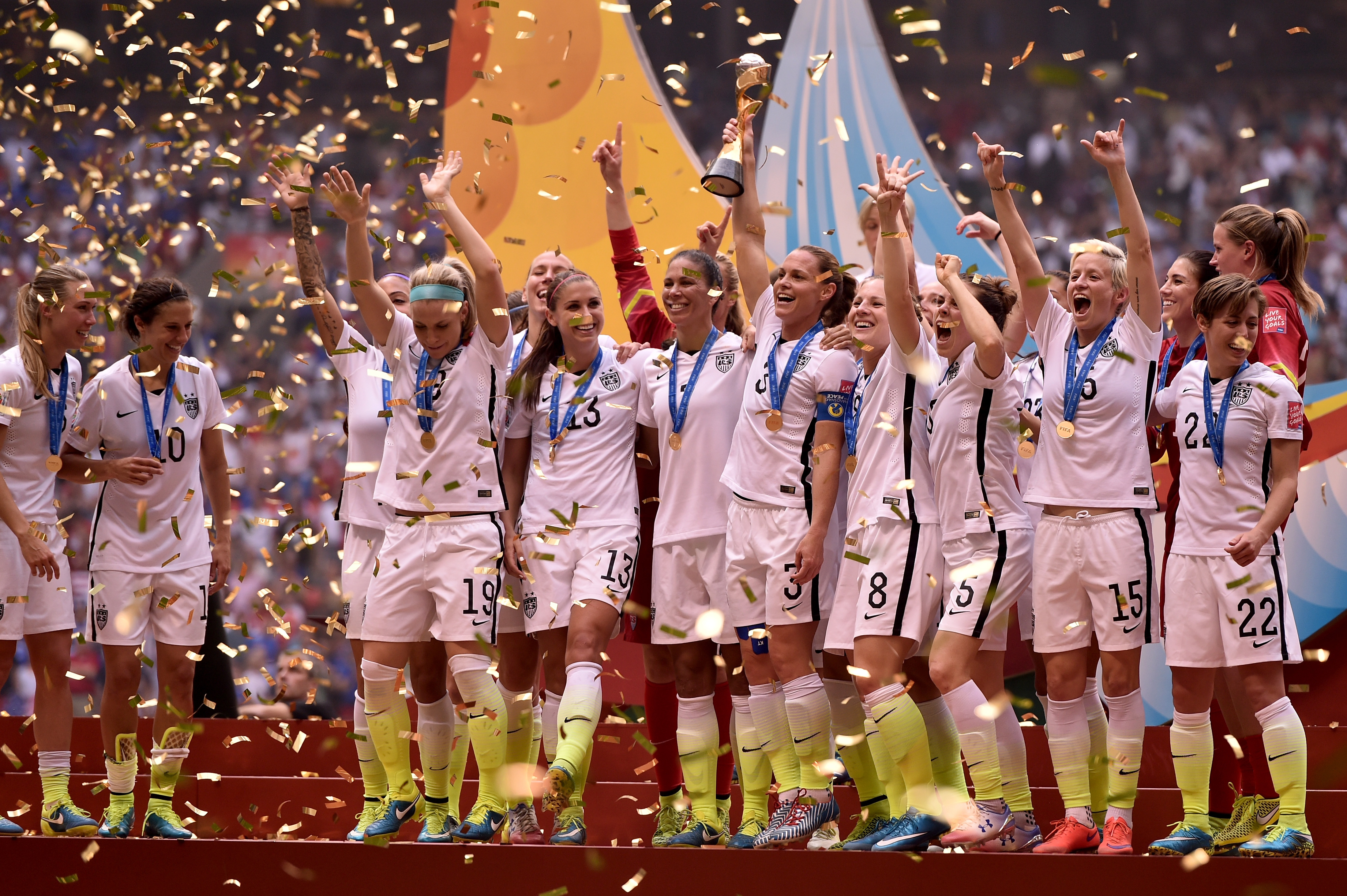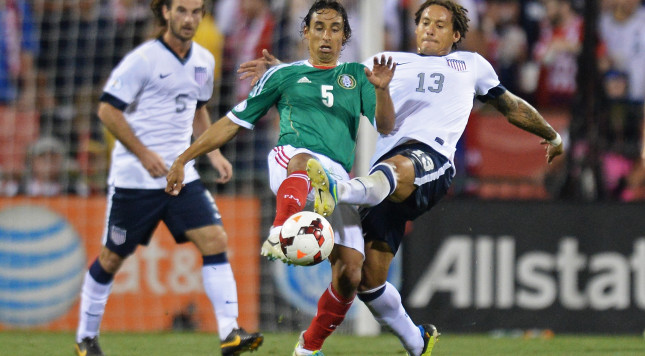On Friday, the eyes of all USMNT and El Tri fans will be on Columbus, Ohio as the US gets set to open up the final hexagonal round of CONCACAF World Cup qualifying, or as it’s better known, the Hex. The World Cup qualifier against Mexico is considered the biggest “home” USMNT match that gets played once every four years. That is until this year, and it’s all because of CONCACAF.
CONCACAF has taken all of the excitement out of the upcoming Hex.
They didn’t do it on purpose, but it also could have been completely avoided. This year, CONCACAF decided the schedule for the final Hexagonal round by holding a draw in July. By luck of the draw, the US ended up hosting Mexico in the first match of the tournament.
Holding a draw was deemed a ‘fair’ way of creating the schedule, but, and while this may sound wrong I swear to you it’s coming from a good place, since when does CONCACAF care about what is fair? This is a region that doesn’t play final group matches at the Gold Cup (or last summer’s joint venture with CONMEBOL Copa America) simultaneously because maximizing TV exposure is more important than fairness. As we learned in the 2015 FIFA scandal, CONCACAF, along with CONMEBOL were the two most corrupt regions.
For a corrupt confederation, they seem pretty bad at it.
While I’m all for doing things the ‘fair’ way, there’s really no need to be fair in this situation. The Hex is simple, each team plays each other once at home and once away from home. Unless you are made to play your first five games at home and your last five games away, there’s really no way the schedule you are given can be deemed unfair.
What CONCACAF should have done, is set the nations schedule themselves to maximize the stakes in their biggest games. While this sounds an awful lot like pretty strong manipulation, I should also point out that CONCACAF has never created the way they did this time around.
In 2013, once all six Hex teams were confirmed, the leaders of the federations met to create a schedule. If they couldn’t agree on a schedule, and naturally they couldn’t, then it went to CONCACAF to make the schedule for them. CONCACAF claims they held a draw, but who knows if that’s actually the case.
The result was a US-Mexico match at the Azteca on matchday 3, and a US-Mexico match in Columbus on matchday 8. Both games had a lot on the line. The US and Mexico both got off to slow starts, making their first meeting very important. On the back end, the US win over Mexico in Columbus booked them a spot in the World Cup.
By doing a random draw before the teams were even confirmed CONCACAF left their schedule entirely up to chance and the results were pretty much the worst possible outcome. Having the United States play Mexico in the first game takes all the intensity out of the game.
Sure the stadium will be rocking, the atmosphere will be incredible and not only is it always great to beat your rival, but going forward, the Americans would love to keep the mental edge they have over the Mexicans in Columbus. But other than pride and bragging rights, is anything even on the line in this game? No.
If you are Mexico or the United States, the Hex is an ultra forgiving tournament. Mexico knows that first hand when they got through with just 11 points last time. Ordinarily that number is closer to 15, which you can achieve simply by winning your five home games. For the loser of this game, they will have nine more chances to earn those 15 points. That’s hardly a setback.
The US and Mexico will play on matchday 1 and matchday 6 this year, that’s hardly a recipe for any drama. Had CONCACAF waited until all six teams were confirmed, they could have set up a schedule that saw the US and Mexico meet on matchday’s 4 and 8.
This would have allowed some drama to build prior to the first match. Maybe it would be a battle between two undefeated teams? Maybe Mexico would get off to another poor start and a loss would put their qualifying in serious jeopardy. On the back end, nothing will change after matchday 6. But if it was on matchday 8, maybe a win would send one team through to the World Cup, creating drama. Or maybe, just like in 2013, a loss would see one team’s World Cup hopes on life support.
It’s always great when the US and Mexico get together and they will add another special chapter to the rivalry. It’s simply unfortunate that the result of the match will have very little effect on the actual Hexagonal tournament.
Thanks CONCACAF.






